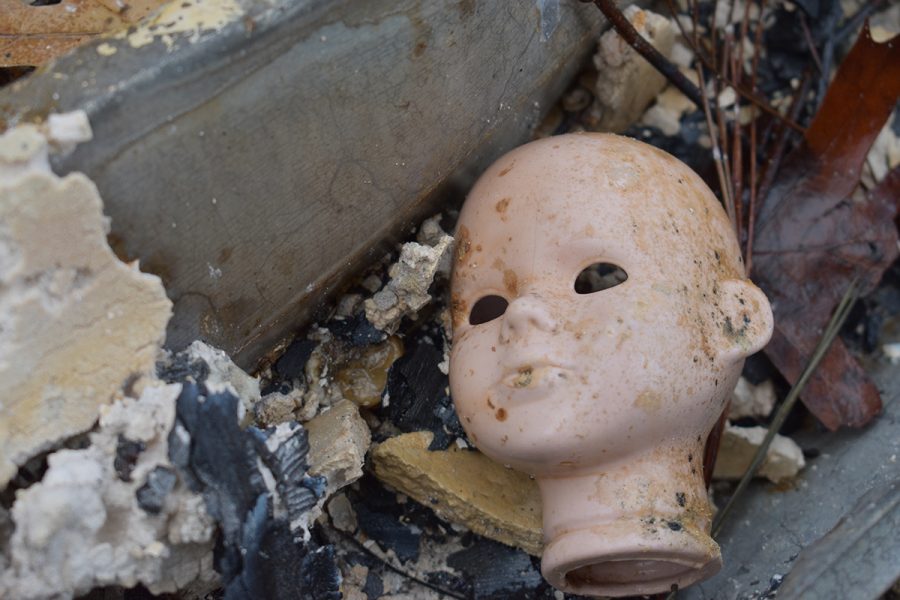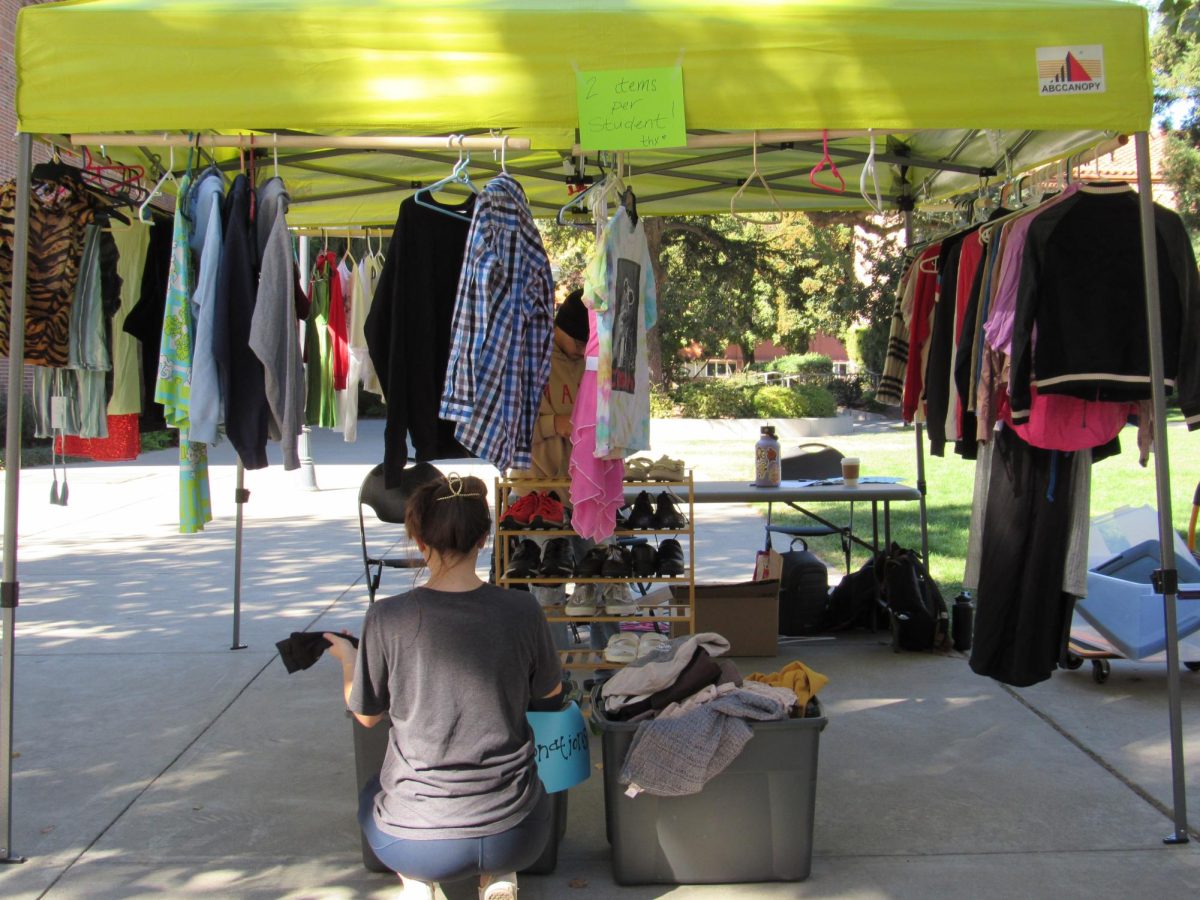Imagine a world where parents don’t give “the talk.” A world where teenagers don’t know what sex is and girls get pregnant without understanding how.
This is the world brought to life in the sexually-explicit and captivating play, “Spring Awakening,” in the intimate setting of Chico State’s Wismer Theatre. Based off an 1891 German play by Frank Wedekind, teens struggle with coming of age in an uptight society where sexuality is taboo.
A cast of standout singers, stomping dancers and expressive actors gave a thrilling, humorous and downright heartbreaking performance directed by Joel Rogers and Sue Pate.
Musical numbers like “My Junk” and “Totally Fucked” were highlights of the show. The teens stood up and belted out explicit lyrics about everything their elders aimed to repress.
In the opening scene, Wendla, played by Alexandra Geringer, begged her mother to tell her the real story — not the stork story — about how women get pregnant. Her mother, played by Austin Brown, was too embarrassed to tell her child, which ultimately led to her death.
In the end, Wendla’s mother would rather force her daughter to have an abortion than live with the shame of her daughter having premarital sex.
Another teen, Martha, played by Lacey Henderson, showed friends her welts from being beaten by her father, but was too afraid to make a complaint against him. In the song, “The Dark I Know Well,” Martha and her friend Ilsa, played by Lauren Sutton-Beattie, illustrated the darkness they felt growing up sexually abused by their fathers.
Wendla and Melchior, played by Hugo Fowler lose their virginity together. The scene shocked the audience by showing Fowler’s bare butt.
Moritz, played by Zachary Hansen, committed suicide after failing midterm examinations. His parents did not accept failure and he had no outlet to express his feelings.
His parents didn’t explain puberty to him and didn’t teach him how to cope with stress and failure.
Melchior was blamed by teachers for his friend Moritz’s death. Melchior wrote him an essay explaining sex because no one else would, and teachers claimed that essay corrupted Moritz and led to his death.
The teachers were outraged about the reputation of their school being ruined by the new “progressive” generation.
After all of the darkness the teens faced, they finally took a stand together to sing “The Song of Purple Summer,” which symbolized their combined power over the repressive society.
Risa Johnson can be reached at [email protected] or @risapisa on Twitter.









